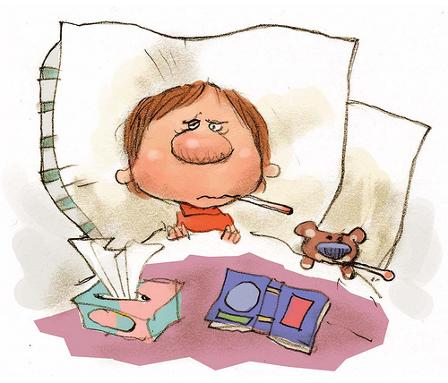Vaccinations are very much in the public consciousness right now as a small, but vocal, section of people make this medical issue into a political one. They claim regular vaccinations lead to adverse health effects such as autism and rare muscular disorders. Although the flu shot is now in their sights, these ‘anti-vaxxers’ have historically focused on the measles, mumps, and rubella (MMR) vaccine, as well as other early childhood vaccinations.
The paper that the anti-vaxxers’ claims are almost entirely based on has been conclusively proven fraudulent. To this day, however, the fear of vaccines has remained, explains Associate Professor in the McGill Faculty of Medicine and Medical Director of the MUHC Vaccine Study Centre Caroline Quach.
“It was fraudulent research that led to wrong conclusions,” said Quach. “The problem is that some people kept on saying ‘yes, my children had the vaccine and then developed symptoms of autism.’ And because these people mainly were stars, they had a lot of media attention.”
The science behind the influenza shot is fascinating and underreported. Every year, scientists at the World Health Organization (WHO) race against the clock to predict the strains will likely be circulating in time to prepare that season’s vaccine. It is an inexact method mostly based on observing the strains in circulation in the southern hemisphere, where winter is offset by six months—about how long each batch of vaccine takes to prepare, cultivating the virus in an egg-based cell layer. Even still, the predictions are often wrong, as the epidemiology is chaotic, and mutations rapid and unpredictable.
“I think the main problem with the flu vaccine is that it doesn’t work that well,” stated Quach. “Some years the vaccine effectiveness is going to be zero and other years it’s going to be 50 per cent. Like last year, it did not work. There’s no doubt about it. The efficacy–the effectiveness–was zero.”
Today, there is a widespread problem with people not getting their yearly flu shots. But the biggest issues making people forgo the vaccine aren’t ignorance or fear. The vast majority of those who should get the shot, but don’t, do so for reasons of accessibility or apathy.
“20 per cent of parents of previous years have said that if [the MUHC’s vaccination program] hadn’t been there they wouldn’t have gotten the flu shot for their kid,” explained Quach. “Accessibility is really playing a huge role [….] If it’s an extra hassle, they’re not going to do it.”
Most surprisingly of all, though, is the rampant apathy going on among those with the most access of anyone—healthcare workers. And when first-line workers don’t get vaccinated, they’re not only endangering themselves, but also their patients.
“As healthcare professionals, it is our responsibility to get vaccinated,” stated Quach. “We know that people come into work anyway even when they’re sick, not because they want to contaminate their patients but because they feel the pressure that they would put on their colleagues if they would not come in. We’re already so stretched, if I have to stay home every time I have a sniffle, this hospital would not work.”
This mentality can be dangerous for patients with weaker immune systems, such as children and the elderly, who, if infected, are likelier to develop more severe symptoms like pneumonia.
Healthcare workers at MUHC and elsewhere can get the flu shot at work, and others in Montreal who want the shot but can’t spare the time should look into Occupational Health & Safety mobile clinics. McGill Students are eligible for the vaccination through the Student Health Service at the Brown Building on McTavish Street.









